The aroma of simmering spices fills kitchens across continents as the humble one-pot meal undergoes a delicious globalization. From Moroccan tagines to Japanese donburi, these versatile dishes have transcended borders through centuries of cultural exchange, trade routes, and modern culinary curiosity. What began as practical peasant food has evolved into an international phenomenon where flavors migrate as freely as the people who cook them.
Every culture boasts its signature one-pot wonder. The French have their pot-au-feu, a comforting broth of boiled meats and winter vegetables that dates back to medieval times. Across the Mediterranean, Spanish paella originated as farmers' fare cooked over open flames in Valencia's rice fields. These dishes share more than cooking vessels—they represent culinary ingenuity born from necessity, transforming humble ingredients into nourishing masterpieces through slow cooking and layered flavors.
The globalization of one-pot cooking accelerated with ancient spice routes. Indian curries incorporated New World chilies after Portuguese traders brought them from the Americas. Malaysian laksa reflects centuries of Chinese and Malay cultural blending in its coconut-curry noodle soup. Colonialism, while fraught with historical tensions, created unexpected culinary fusions like South African bobotie—a spiced minced meat casserole topped with egg custard that blends Dutch, Malay, and indigenous influences.
Modern adaptations continue this tradition of cross-pollination. Korean budae jjigae ("army stew") creatively combines Spam and instant noodles—American military rations from the Korean War—with kimchi and gochujang. In multicultural cities, chefs reinvent classics: a London gastropub might serve beef bourguignon with miso paste, while a New York food truck offers birria ramen. These innovations aren't inauthentic—they're the latest chapter in an ongoing story of culinary evolution.
Home cooks drive this global exchange through online recipe sharing. A Swedish food blogger might adapt Peruvian aji de gallina using locally available ingredients, while a Kenyan home chef puts an African spin on Jamaican peas and rice. Social media transforms these personal kitchen experiments into viral trends—witness the worldwide fascination with Korean dakgalbi (spicy stir-fried chicken) or the recent obsession with Nigerian jollof rice debates.
The environmental appeal of one-pot cooking contributes to its global resurgence. As sustainability concerns grow, these efficient meals minimize energy use and food waste. Ethiopian wat stews make tough cuts tender through slow cooking, while Filipino sinigang uses often-discarded tamarind peels for its signature sour broth. In an era of climate consciousness, the ecological wisdom inherent in traditional one-pot dishes gains new appreciation.
Yet beyond practicality, these shared cooking vessels foster human connection. From the communal Moroccan tagine to the Japanese nabemono hot pot enjoyed with family, these meals encourage gathering and conversation. As our world grows more digitally connected yet physically distant, the simple act of sharing a pot of stew becomes a radical act of togetherness—a universal language spoken in every time zone.
The future of one-pot cuisine lies in this duality—honoring traditions while embracing change. As immigration patterns shift and global tastes evolve, new hybrid dishes will emerge. Perhaps someday, a Martian colony will develop its own version of cassoulet using locally grown ingredients. Whatever form it takes, the global one-pot meal will continue reflecting our interconnected world—one delicious, simmering bowl at a time.
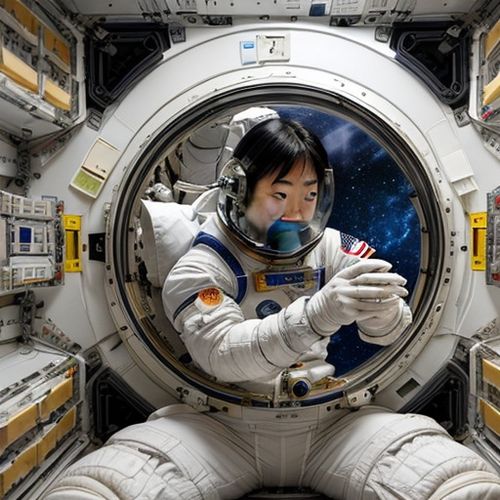
By Amanda Phillips/Apr 10, 2025
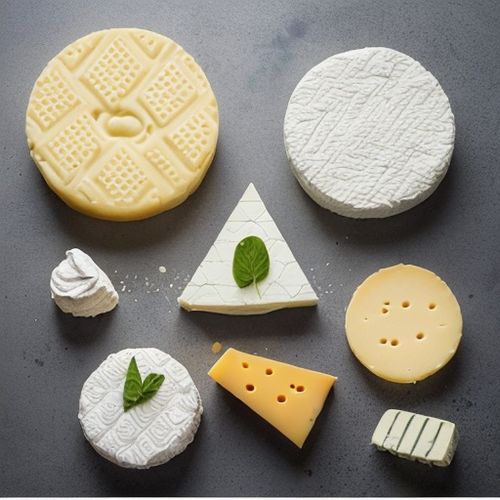
By Rebecca Stewart/Apr 10, 2025
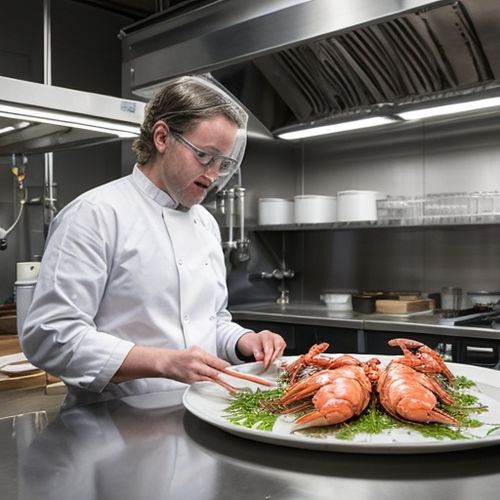
By Emma Thompson/Apr 10, 2025
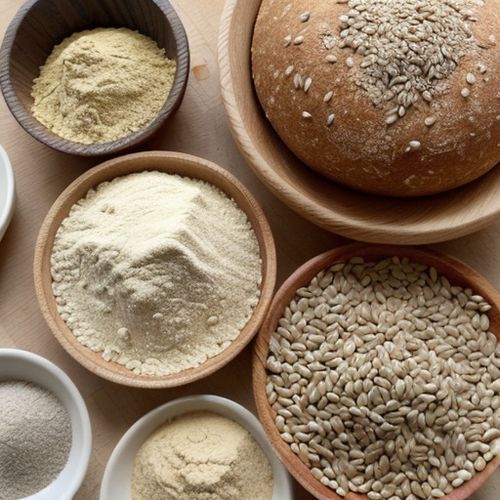
By James Moore/Apr 10, 2025

By Samuel Cooper/Apr 10, 2025

By Elizabeth Taylor/Apr 10, 2025

By Rebecca Stewart/Apr 10, 2025
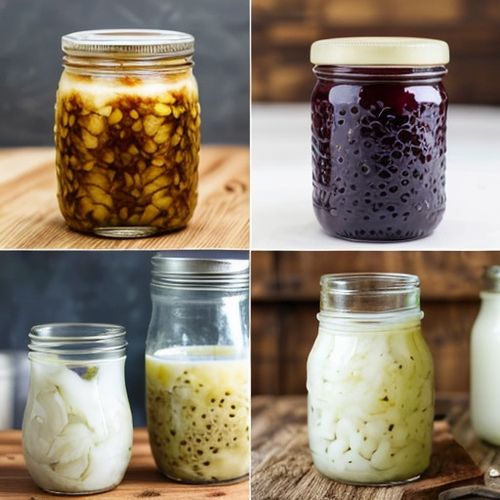
By John Smith/Apr 10, 2025
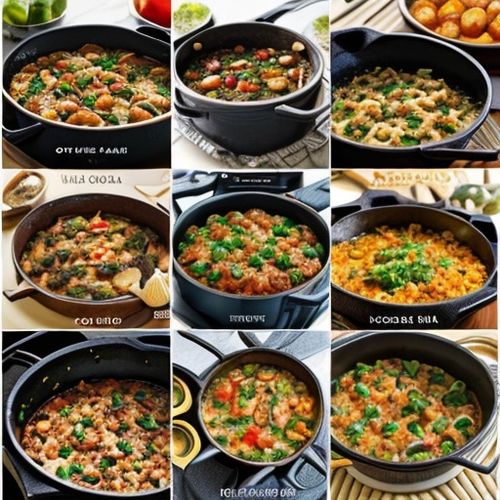
By Michael Brown/Apr 10, 2025

By Emma Thompson/Apr 10, 2025
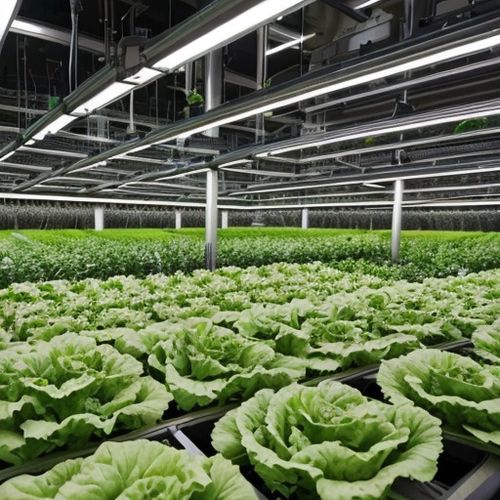
By Elizabeth Taylor/Apr 9, 2025

By Christopher Harris/Apr 9, 2025
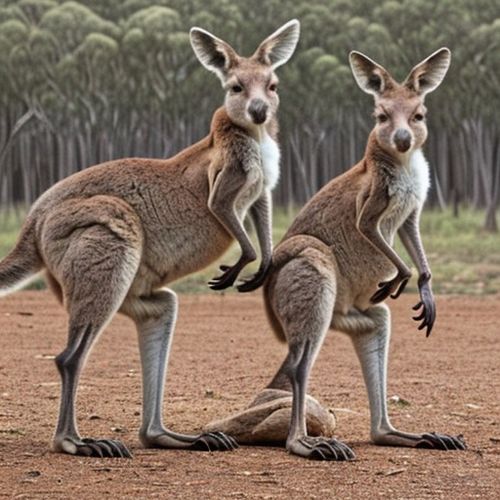
By David Anderson/Apr 9, 2025
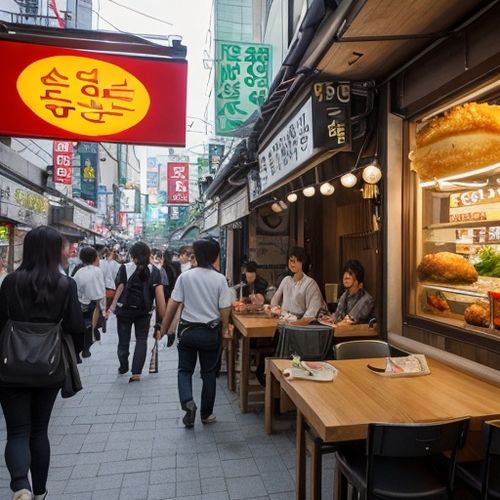
By Joshua Howard/Apr 9, 2025
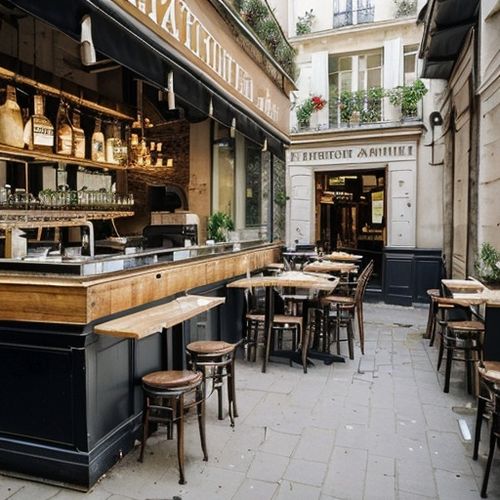
By Emily Johnson/Apr 9, 2025
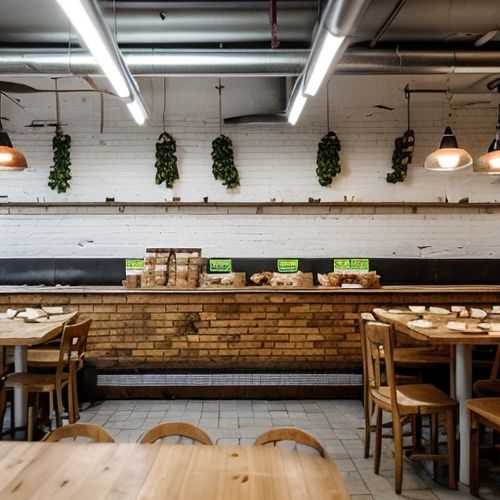
By John Smith/Apr 9, 2025
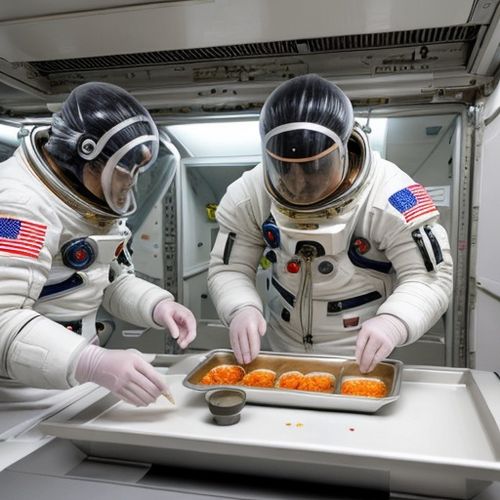
By Lily Simpson/Apr 9, 2025
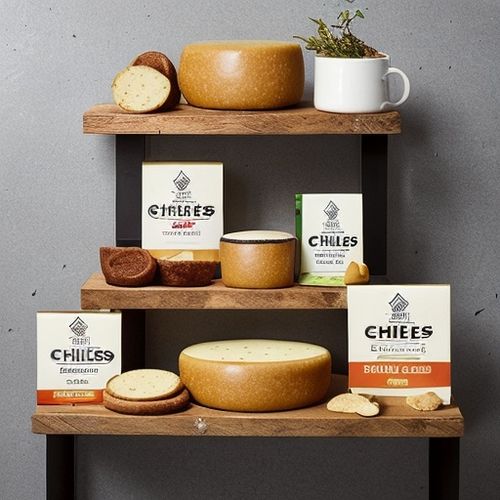
By Lily Simpson/Apr 9, 2025